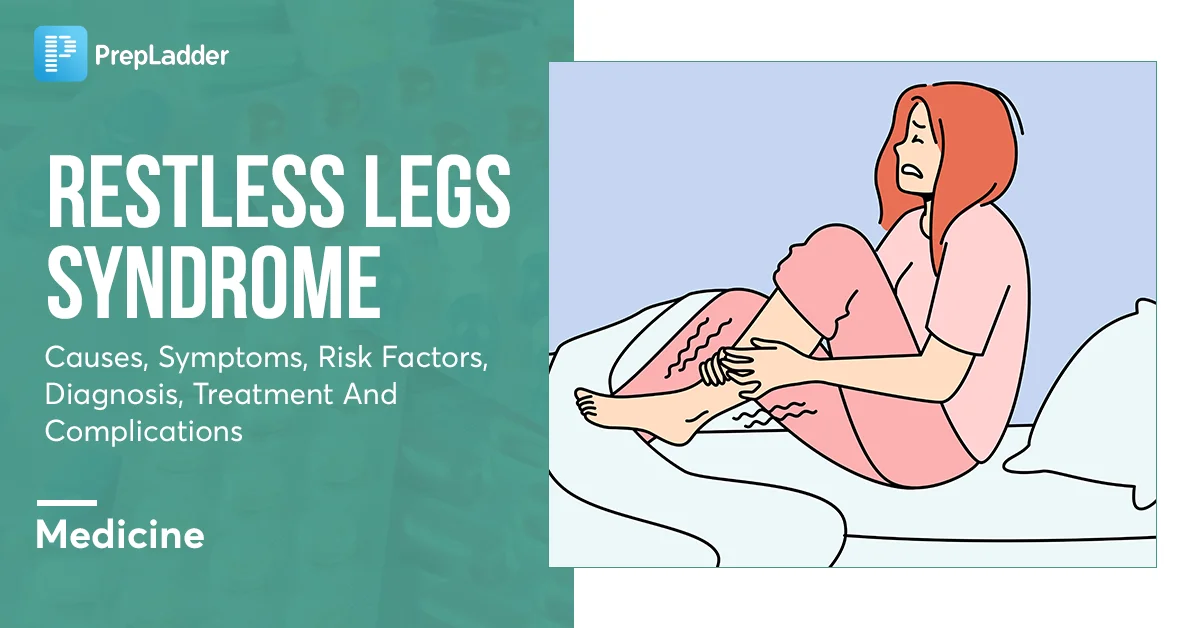How Does Tmj Affect Ear Health? Solutions Inside

The Temporomandibular Joint, commonly referred to as the TMJ, plays a pivotal role in our daily lives, facilitating movements such as chewing, speaking, and yawning. Located on each side of the head, the TMJ connects the jawbone to the skull, acting as a hinge that enables these movements. However, the TMJ’s influence extends beyond oral and facial functions, with significant implications for ear health. The relationship between the TMJ and ear health is multifaceted, involving anatomical, neurological, and functional connections that can lead to a variety of auditory symptoms when the TMJ is dysfunctional.
Anatomical Connection
The proximity of the TMJ to the ear is the first indication of their connectedness. The joint is situated close to the external ear, and the pathway of the auriculotemporal nerve, which provides sensation to the ear, passes near the TMJ. This nerve can be irritated by TMJ disorders, leading to referred pain in the ear. Moreover, the Eustachian tube, which regulates air pressure in the ears, is influenced by the position and movement of the jaw. When the TMJ is not functioning properly, it can affect the opening and closing of the Eustachian tube, potentially leading to ear fullness, discomfort, or hearing difficulties.
Neurological Factors
The neurological aspects of TMJ dysfunction can also impact ear health. The trigeminal nerve, responsible for controlling facial expressions and sensations, branches out to areas including the jaw and parts of the ear. Irritation or inflammation of this nerve due to TMJ disorders can cause a variety of symptoms, including earaches, tinnitus (ringing in the ears), or vertigo (a feeling of spinning). This neurological connection underlines the complex interplay between the TMJ and the sensory pathways related to hearing and balance.
Functional Aspects
Functionally, the relationship between the TMJ and ear health becomes apparent when considering the impact of jaw movements on the middle ear. The movement of the jaw helps in the opening of the Eustachian tube, which is crucial for equalizing the air pressure on both sides of the eardrum. If the TMJ is dysfunctional, leading to limited or abnormal jaw movement, it could affect this pressure regulation, resulting in discomfort, hearing loss, or other auditory issues.
Solutions and Treatments
Given the close relationship between the TMJ and ear health, treating TMJ disorders can often alleviate ear-related symptoms. Here are several solutions and treatments that can be effective:
Physical Therapy: Jaw exercises and physical therapy can help improve jaw mobility and reduce strain on the TMJ, indirectly benefiting ear health by relieving pressure and promoting proper Eustachian tube function.
Oral Appliances: Custom-made mouthguards or splints can reduce teeth grinding and clenching, which are common symptoms of TMJ disorder. By decreasing the strain on the TMJ, these appliances can also help mitigate ear symptoms.
Relaxation Techniques: Stress is a known exacerbator of TMJ disorders. Engaging in relaxation techniques such as meditation, deep breathing, or yoga can help manage stress levels, thereby reducing tension in the jaw and alleviating related ear issues.
Dietary Changes: Avoiding hard, chewy, or sticky foods can reduce the strain on the TMJ. A soft diet can help manage TMJ pain and discomfort, potentially offering relief from associated ear symptoms.
Professional Dental or Medical Intervention: In some cases, consulting a dentist or an otolaryngologist (ENT specialist) may be necessary. These professionals can provide a thorough examination and recommend treatments tailored to the specific condition affecting the TMJ and ear health.
Conclusion
The interconnection between the TMJ and ear health underscores the complexity of the human body’s systems. Recognizing the potential impact of TMJ dysfunction on auditory well-being can lead to more comprehensive diagnosis and treatment plans. By addressing TMJ disorders with a combination of self-care, professional interventions, and lifestyle adjustments, individuals can not only alleviate jaw pain and discomfort but also improve their overall ear health and quality of life.
How can I tell if my ear symptoms are related to a TMJ disorder?
+If you experience ear symptoms such as earaches, tinnitus, or vertigo alongside jaw pain, clicking, or discomfort, it could indicate a connection between your TMJ and ear health. Consulting a healthcare professional for a thorough examination is crucial to determine the cause of your symptoms.
Can treating TMJ disorders completely eliminate ear symptoms?
+While treating TMJ disorders can significantly alleviate ear symptoms in many cases, the outcome depends on the underlying causes of both the TMJ dysfunction and the ear issues. In some instances, ear symptoms may persist due to other factors, and separate treatments may be necessary.
What are some common signs of TMJ disorders that could impact ear health?
+Common signs include jaw pain or tenderness, clicking or popping sounds when opening or closing the mouth, difficulty chewing or a sudden change in the way the upper and lower teeth fit together, and ear symptoms such as fullness, ringing, or discomfort.
Understanding the intricate relationship between the TMJ and ear health can offer new avenues for addressing auditory issues and underscores the importance of holistic approaches to health, considering the interconnectedness of the body’s systems. By acknowledging and treating TMJ disorders, individuals can potentially improve not only their jaw function but also their overall ear health and well-being.



